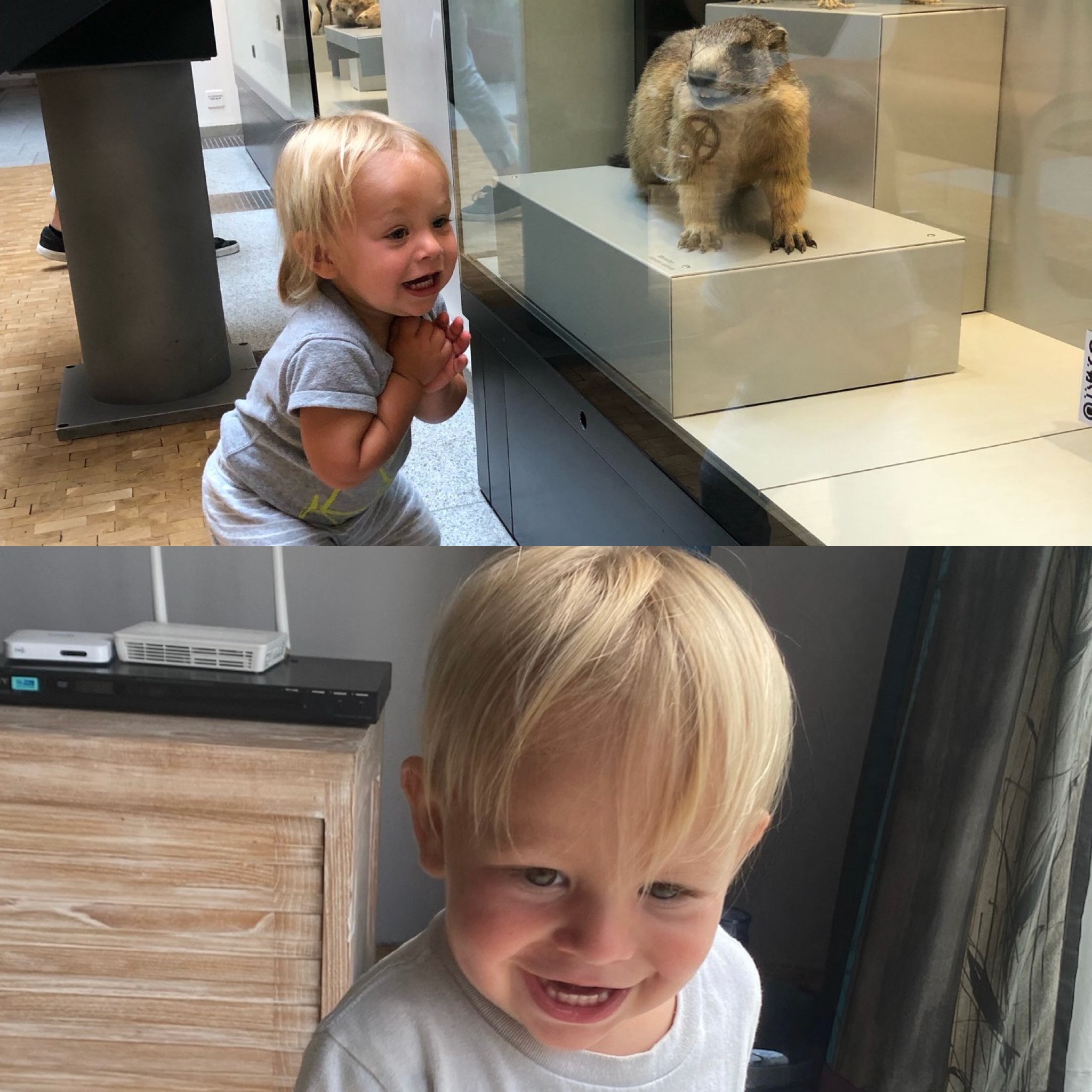
It may be a holiday in the U.S. today, but one of the leading researchers in Positive Psychology combined a bit of holiday in Hawaii with a bit of work by posting the following article. I remember the first time I read this work. Being a sugar addict from birth, I had negative thoughts of being the kid who actually ate the marshmallows! Thank you Dr. Robert Biswas-Diener of Positive Psychology Services, LLC
Marshmallows Predict Success in Life
In the 1960s the psychologist Walter Mischel conducted one of the most whimsical and important studies in the history of the field. He placed marshmallows in front of pre-schoolers and instructed them NOT to eat the treats. He explained that they could have a single marshmallow, or be rewarded with an additional marshmallow if only they could resist temptation until he returned. He then exited the room, leaving the poor children alone with that delicious, soft, white, mouth-watering little goody. This test became the classic “delay of gratification” task and Mischel and other researchers quickly saw that some kids were naturally good at withstanding temptation while others gave in almost immediately. What’s even more interesting and-ultimately-more important is that the pre-schoolers’ ability to delay gratification predicted their college entry exam scores almost two decades later. This simple childhood test also predicted drug use later in life. In short, a person’s ability to exert self-control is a good predictor of success in life.
Mischel went on to a long and productive career, much of it aimed at refining and explaining the insights gleaned from his marshmallow study. Mischel theorizes that humans have two important systems-hot and cool-and the interaction of these is crucial to the art of willpower. Our “hot” system is our emotions, and these are simple, reflexive, and drive us forward. Our “cool” system is cognitive, and it is reflective, complex, and helps us “know” instead of “go.” There is something you should know about how these systems work together: first, stress-both acute and chronic-can take the cool system “off-line” and lead to the dominance of the hot, emotional “go” system. Think about it this way: Have you ever been stressed while working at your computer, but seemed unable to pull yourself away? You likely stayed at your work station, angry, muttering comments to colleagues such as “just give me another minute with this” as if more minutes with the stressful work will be just the thing to calm you down. You make this type of backward decisions because your thinking has been partially dismantled in favor of an approach oriented emotional state.
Fortunately, there are several solutions to hot state problems. One of the easiest is a strategy with an almost military title: attentional deployment. What is attentional deployment? Simply put, this means distracting yourself or otherwise removing the hot temptation from your field of vision (or thought). Remember those pre-schoolers and that plate of marshmallows? The kids that did the best at the delay of gratification task sang songs and closed or covered their eyes. Compare this to the far less successful children who stared directly at the marshmallow, willing themselves not to eat it. The avoiders had the intuitive understanding that distraction is a superior strategy than the heavy lifting of trying to muscle the task with sheer willpower. Once you understand that hot engagement is often the very problem than disengagement is the obvious answer. So, next time you are angry at your computer try getting up and leaving it until your cool system takes over! Simply another reminder that we can all learn a lot from pre-schoolers!
Thank you.



